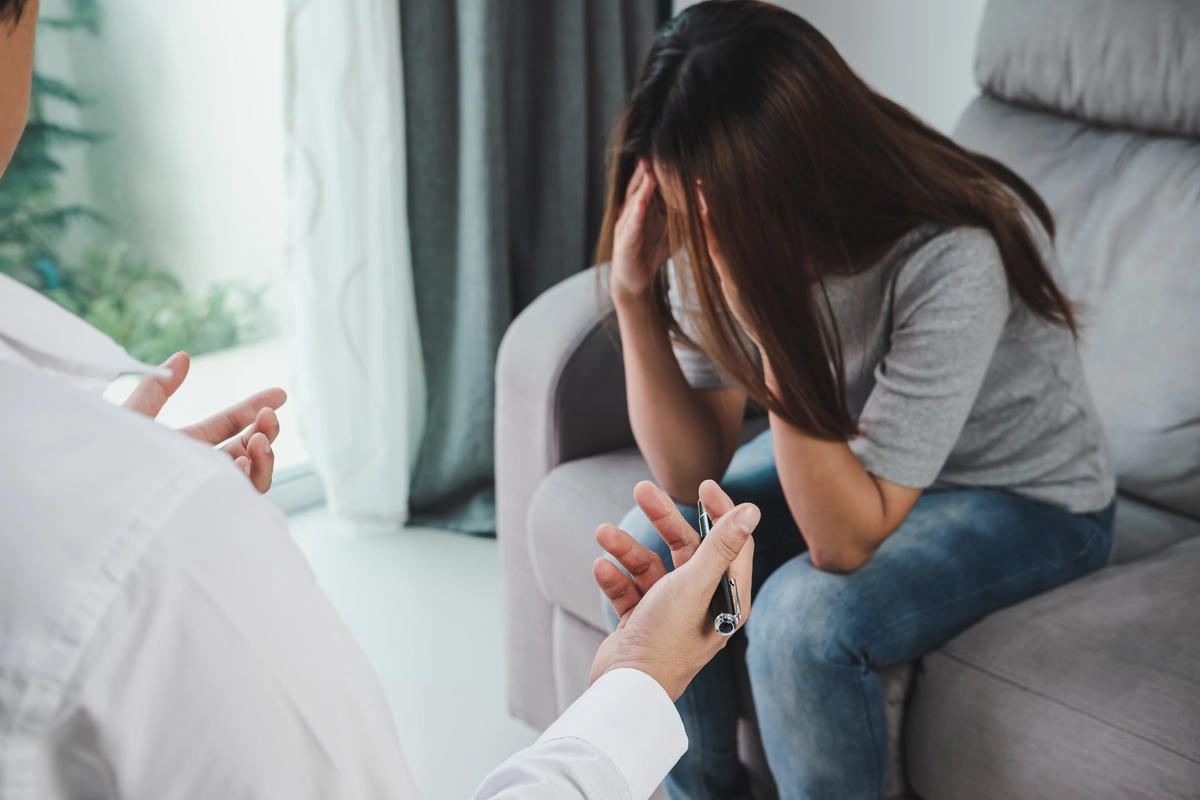24/7 Helpline:
(866) 899-221924/7 Helpline:
(866) 899-2219
Learn more about PTSD Treatment centers in Cortland
PTSD Treatment in Other Cities

Other Insurance Options

Lucent

Oxford

MHNNet Behavioral Health

Anthem

Health Partners

American Behavioral

Ambetter

GEHA

Premera

Kaiser Permanente

Access to Recovery (ATR) Voucher

Health Choice

BlueShield

Absolute Total Care

Ceridian

Optima

Magellan

Cigna

Health Net

Providence

Family Counseling Services
Family Counseling Services is a private rehab located in Cortland, New York. Family Counseling Servi...

Cortland Community Services – Horizon House
Cortland Community Services – Horizon House is a public rehab located in Cortland, New York. Cortlan...

Syracuse Recovery Services
Syracuse Recovery Services is a traditional private rehab center located in Cortland, New York. Syra...

PsyCare – Cortland
PsyCare – Cortland is a private rehab located in Cortland, Ohio. PsyCare – Cortland specializes in t...

ASI of Cortland
ASI of Cortland is a private rehab located in Cortland, New York. ASI of Cortland specializes in the...

AA – Alcoholics Anonymous
AA – Alcoholics Anonymous is a non-profit rehab located in Cortland, New York. AA – Alcoholics Anony...



























